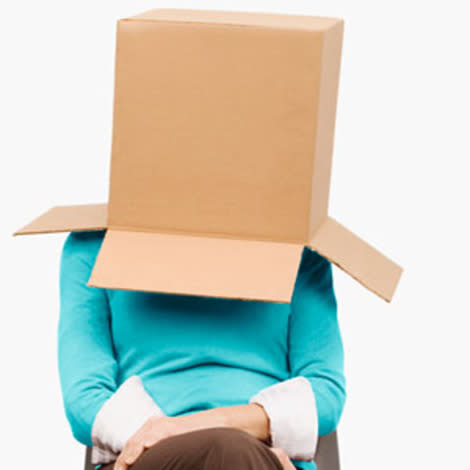How to Stay Well (When Everyone Else is Sick)
By Janis Graham

'Tis the season...for colds, flu, stomach bugs, and all those other ills that spread when people come together - whether by choice (at holiday parties) or circumstance (on airplanes). But don't start calculating your sick days just yet. This year you can do more than wash your hands and cross your fingers. Recent research, some of it sparked by the scary H1N1 influenza pandemic of 2009, has uncovered new steps you can take to protect yourself and your family. Most of these tactics are targeted at specific settings as scientists tease out what will safeguard you at the food court, for example, versus what works to bolster everyday immunity. Here's what to try - and when and where to use it - to get through the holidays without sneezes, tummy aches, or flat-out-in-bed flu.
Related: Feeling Stressed? Try These Crisis Control Tips
AT HOME:
• Pop a vitamin D supplement at breakfast. In a Yale medical school study, adults with high blood levels of vitamin D (at least 38 nanograms per milliliter) were 49% less likely to get a cold or other infection of the upper respiratory tract during the fall and winter of 2009 through 2010. Vitamin D boosts the ability of immune cells lining your lungs to fight off viruses. But without taking a supplement, it's hard to bring your blood levels into the range that's likely to increase resistance to viruses, says Michael F. Holick, M.D., Ph.D., professor of medicine, physiology, and biophysics at Boston University School of Medicine. While the government upped the recommended amount of D last year (to 600 IU a day for most adults), Dr. Holick recently chaired a task force on the topic for the Endocrine Society, which issued the far higher guideline of at least 1,500 to 2,000 IU of vitamin D daily. It's a dose that you can safely take in addition to popping a multivitamin containing D and drinking fortified milk, he says.
• Clean with bleach. Noroviruses, the microbes that cause stomach flu, are notoriously resilient, able to live on almost any hard surface for weeks. They also can survive many common household cleaners - except chlorine bleach, say scientists from the Centers for Disease Control and Prevention (CDC). So, beyond enforcing commonsense prevention measures (no sharing drinking glasses, for example), swab hard surfaces with a chlorine solution. "Focus on the most likely areas of contamination, such as bathrooms, but also objects everyone touches often, like doorknobs, remotes, light switches, and phones," advises Christine L. Moe, Ph.D., professor of global health at Emory University in Atlanta. The bug-killing formula: ½ cup of chlorine bleach in a gallon of water. (Note: Most disinfecting wipes don't actually contain bleach, and thus won't knock out noroviruses.)
Related: Why Your Food Isn't Safe
In addition, launder the patient's sheets, towels, and clothes frequently, in hot water and bleach if possible. Noroviruses can live on rugs for weeks, as well; to decontaminate if a family member has thrown up on the carpet, steam cleaning appears to be more effective than wet shampooing, an English study reported.
• Sleep at least seven hours a night. A good night's rest revitalizes you and lowers the odds you'll wake up with a sore throat, cough, and runny nose. In a study at Carnegie Mellon University in Pittsburgh, participants who logged fewer than seven hours were nearly three times more likely to come down with a cold than those who got more rest.
Related: Do Good to Feel Good
Too little sleep triggers a drop in the activity of your immune system's natural killer cells - a falloff of as much as 30%, a study from the Karolinska Institute in Stockholm suggests. "Killer cells are one of your body's first defenses against cold and flu viruses - they keep an infection under control until it can be eliminated by more targeted types of immune cells," explains lead researcher Elinor Fondell, Ph.D. (For how-tos on extending and improving your snooze time, see "25 Ways to Sleep Better Tonight".)
Learn how to stay healthy at work and at holiday parties.
More from Good Housekeeping:
30 Best Drugstore Beauty Buys Under $10
